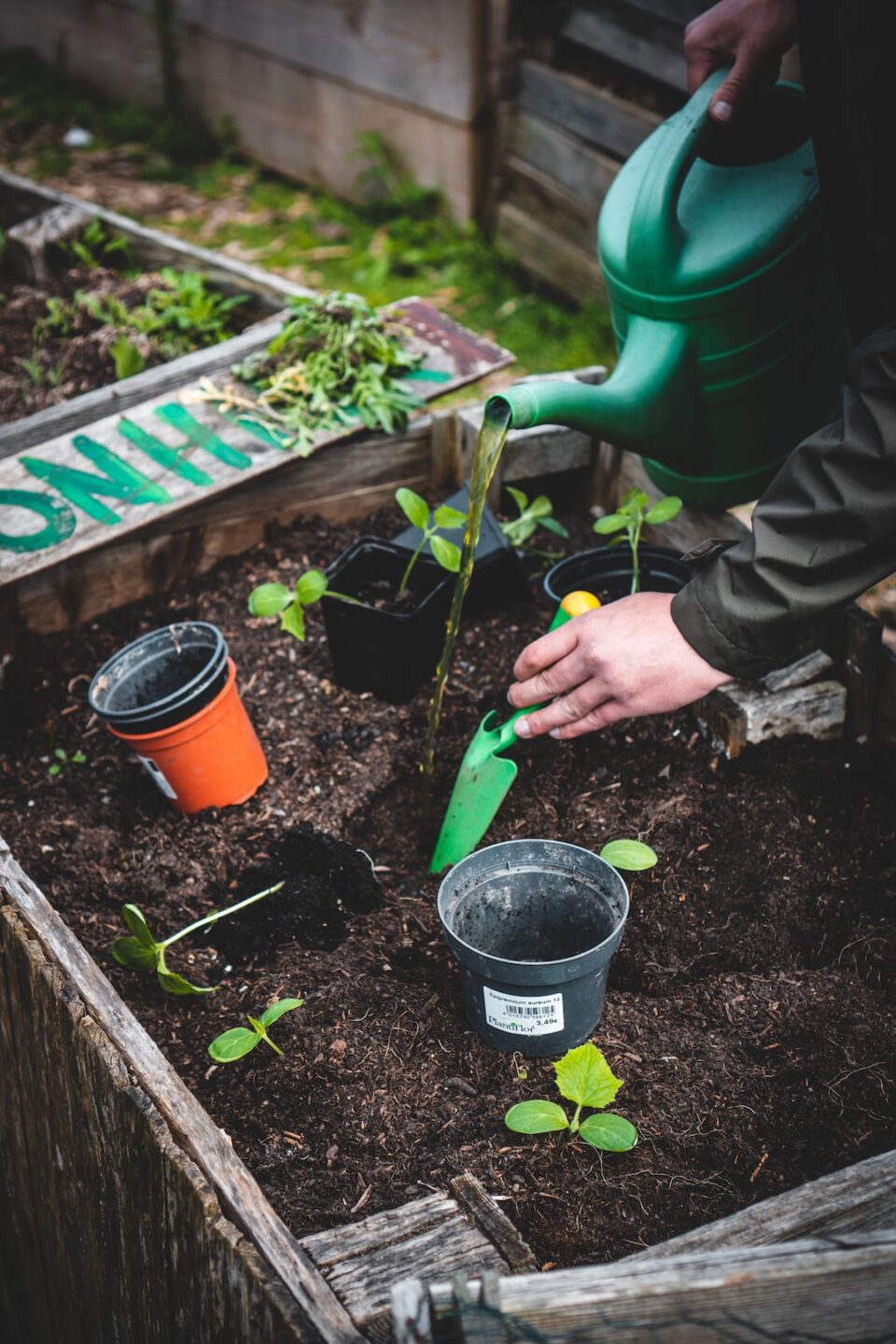Keeping your garden weed-free can be a challenging task, but with a little bit of planning, dedication, and the right techniques, you can have a beautiful garden without the hassle of weeds. Weeds not only make your garden look untidy, but they also compete with your plants for nutrients, water, and sunlight. To help you maintain a weed-free garden, here are some practical tips to keep in mind.
1. Start with a clean slate: Before starting your garden, it’s important to ensure that the soil is free from weed seeds. Begin by removing any existing weeds and their roots. Till the soil to break up any clumps and remove any remaining roots or weeds. This will prevent new weeds from sprouting and taking over your garden.
2. Mulch your garden beds: Mulching is an effective way to suppress weed growth and retain moisture in the soil. Apply a layer of organic mulch, such as wood chips or straw, around your plants. This will smother any weed seeds and prevent them from getting the sunlight they need to germinate. Additionally, mulch helps to regulate the temperature of the soil, keeping it cooler in the summer and warmer in the winter.
3. Weed regularly: Regularly weeding your garden is essential to prevent weeds from taking over. Set aside a specific time each week to pull out any emerging weeds. It’s best to remove weeds when they are small and have not yet had a chance to establish deep roots. Regular weeding not only keeps your garden looking neat, but it also reduces competition for resources among your plants.
4. Get to the root of the problem: When weeding, it’s important to remove the entire weed, including its roots. If you only pull off the top part of the weed, it may regrow from the remaining roots. Use a small hand trowel or a weeding tool to dig around the roots and remove them completely. Taking the time to ensure that weed roots are completely removed will save you the hassle of having to deal with the same weeds over and over again.
5. Water your plants, not the weeds: Watering your garden properly can make a big difference in weed growth. Instead of using a sprinkler or overhead watering system, opt for a soaker hose or a drip irrigation system. These methods directly target your plants’ roots, reducing water waste and limiting weed growth.
6. Consider companion planting: Some plants naturally deter weeds or attract beneficial insects that feed on weeds. Consider planting marigolds, petunias, or nasturtiums alongside your vegetables or flowers to discourage weed growth. Similarly, implementing plants such as basil or dill can attract beneficial insects like ladybugs or lacewings, which prey on garden pests, including weeds.
7. Stay ahead of the game: Prevention is key when it comes to maintaining a weed-free garden. Regularly inspect your garden for signs of weed growth and remove any sprouts before they have a chance to spread. By staying vigilant and proactive, you can prevent weeds from gaining a foothold in your garden.
Maintaining a garden free from weeds requires time and effort, but the results are well worth it. By implementing these practical tips, you can reduce weed growth, create a more attractive garden, and provide optimum growing conditions for your plants. Remember, consistency is key, so make it a habit to tackle weeds regularly to keep your garden looking its best.

